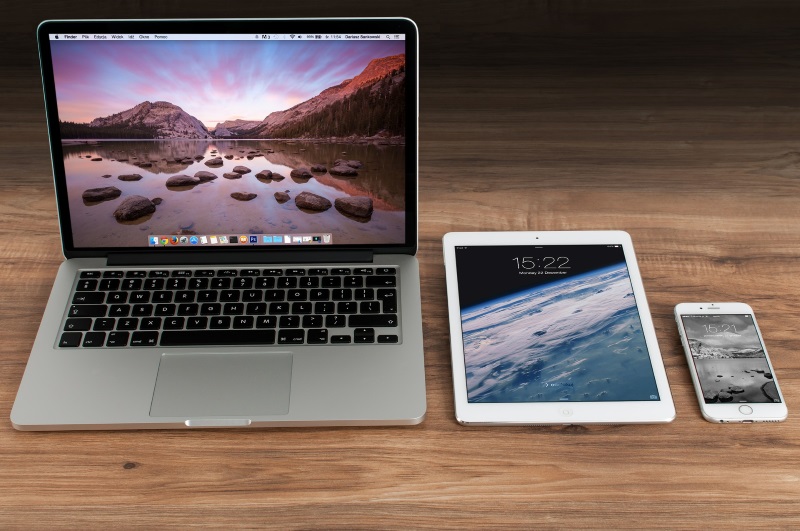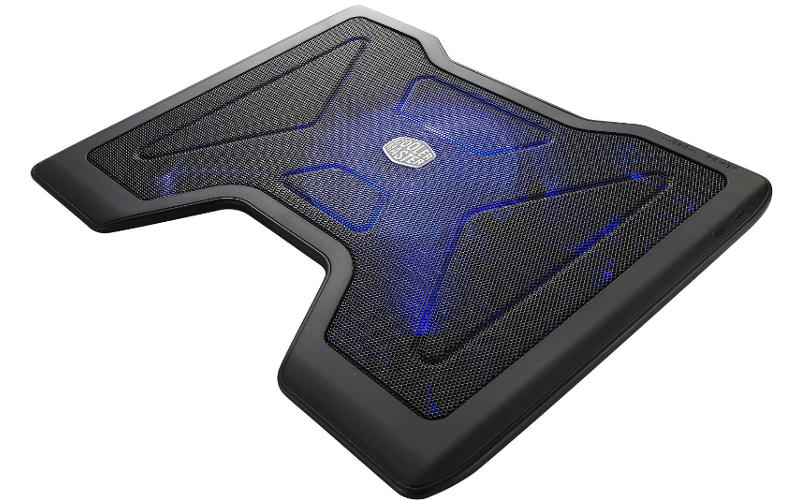Mobile Device
by Sriram Sharma , 22 October

Most smartphones today pack huge, high-resolution screens, powerful processors and lots of memory to multitask and handle really complex tasks. This also unfortunately means that they struggle to handle a full day's worth of heavy usage, and so power banks are now a must-have accessory.
The same can be said for our laptops, and the need to tether them to the plug point grows as the battery ages. Most of our consumer electronics devices come with Lithium ion and Lithium Poly batteries that are geared for quick recharging, and not for long term life. Often, you're better off replacing your battery instead of upgrading your laptop, because of how quickly the battery ages.
Whether you're using a smartphone, tablet, or laptop, here are some general purpose tips on prolonging its lifecycle and usage between recharge cycles.
1) Keep it cool
Exposing the battery to high temperatures can be more stressful than cycling. According to Battery University, which runs an extensive array of battery tests - cycling, elevated temperature and ageing decrease the performance of your battery over time. Keeping your devices in a cool environment (battery dwelling above 30°C (86°F) is considered elevated temperature) will certainly enhance the lifecycle of your device.
Exposing the battery to high temperatures can be more stressful than cycling. According to Battery University, which runs an extensive array of battery tests - cycling, elevated temperature and ageing decrease the performance of your battery over time. Keeping your devices in a cool environment (battery dwelling above 30°C (86°F) is considered elevated temperature) will certainly enhance the lifecycle of your device.

It's also a good reason to worry about heating issues on a smartphone, as it can plunge the battery life quite drastically over time. On a laptop, you should look at using a cooling pad to make sure the CPU vent is being vented away. Exposure to dust can clog vents and make your fans run on overtime, leading to an additional resource burden, so keep the environment clean and dust free.
2) Go for paid apps, instead of free ones
Ad-supported apps reduce battery life by 2.5 to 2.1 hours on average, a study conducted by US-based researchers revealed. To quote the study, a phone's processor is like its brain - and ads eat up a lot of that brain power, slowing it down.
Ad-supported apps reduce battery life by 2.5 to 2.1 hours on average, a study conducted by US-based researchers revealed. To quote the study, a phone's processor is like its brain - and ads eat up a lot of that brain power, slowing it down.
Not all free apps are draining your battery, but if you're seeing advertising on it then assume it comes with a bandwidth and processing burden. Spending a bit on apps might pay off handsomely, considering some apps are available for as low as Rs. 10 on both Google Play and the App Store.
(Also Read: 10 Best Paid Android Apps)
On a laptop, running a local application to do something like text editing will consume less battery than firing up your browser and using an online resource. So, if you're not using it, turn your Wi-Fi connection off - on a Windows PC this is as simple as pressing Fn+F2 on the keyboard. The exact function key can vary, depending on the device manufacturer, so just look for a key with a Wi-Fi symbol next to it.
3) Turn off location tracking
According to a recent news report, the Facebook app drains the battery of iPhone users as it's constantly tracking the user's location using the GPS module. Turning off location tracking for apps that don't need your location will certainly help.
According to a recent news report, the Facebook app drains the battery of iPhone users as it's constantly tracking the user's location using the GPS module. Turning off location tracking for apps that don't need your location will certainly help.